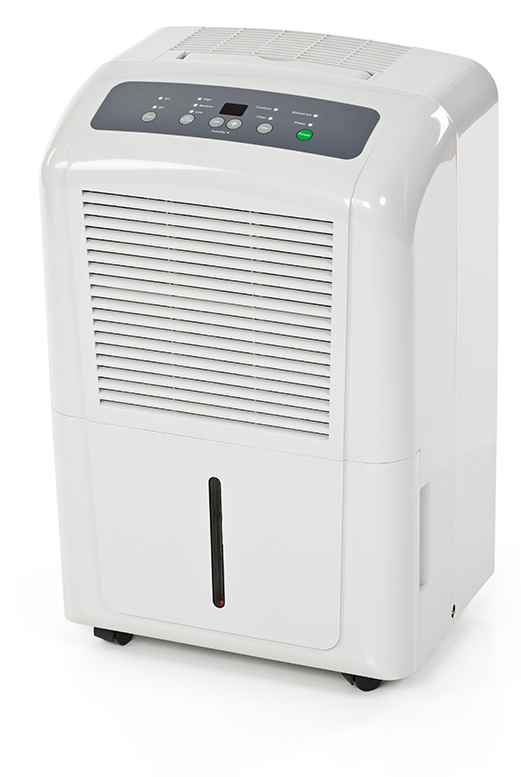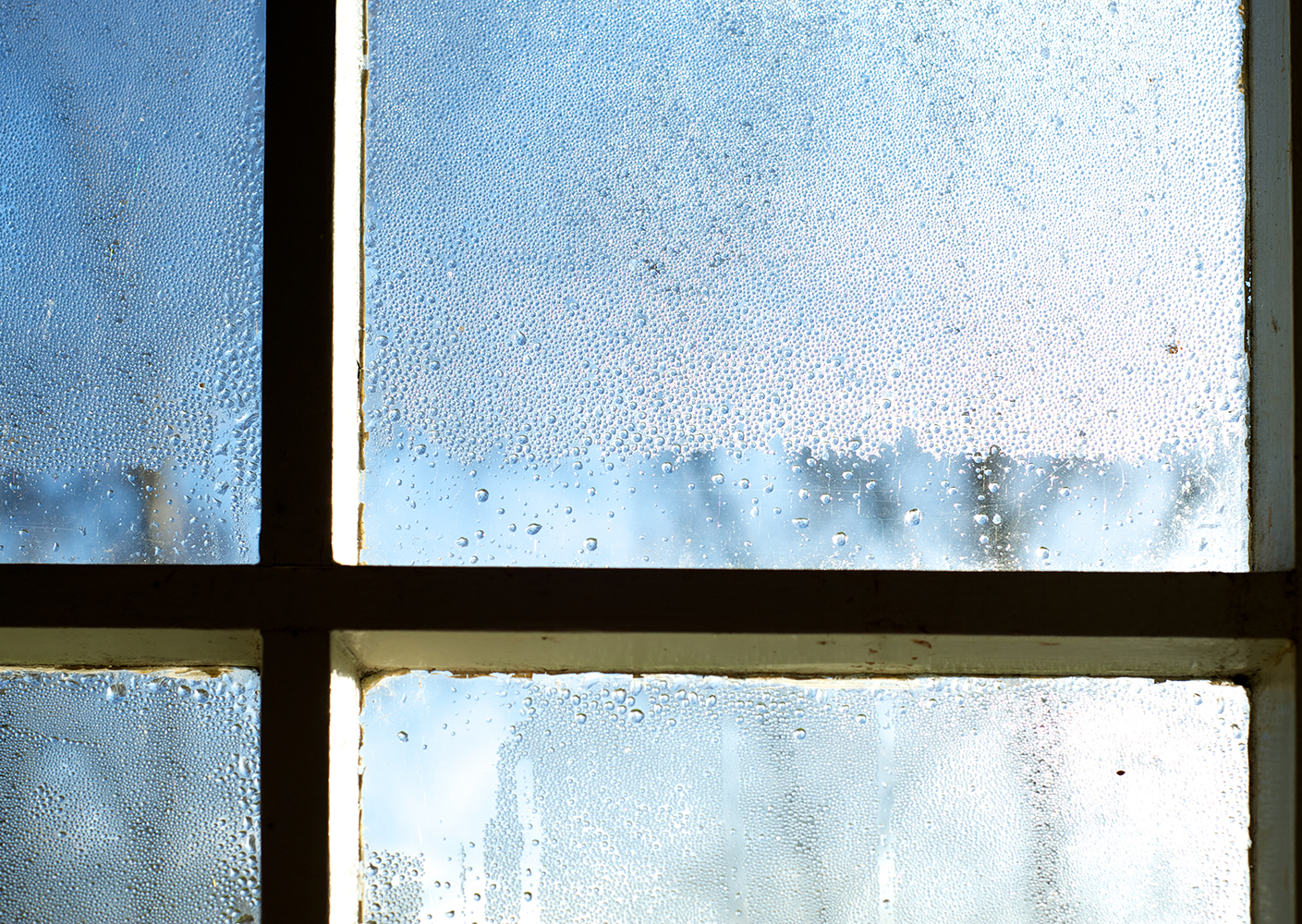Do you need one? Find out below.
By Katrina Caruso
Photo: iStock/LisaValder.
Excess humidity in the air isn’t good for your home or for you. A dehumidifier draws excess moisture out of the room and replaces it with dry air.
An ideal level of humidity in the home is about 35% to 45%, but with some Canadian cities being prone to high levels of humidity, these numbers can vary considerably. Your home is too humid if you get a lot of condensation on the windows, your walls are sticky, or your floors are excessively creaky. You may notice an abundance of centipedes, silverfish, and other creepy crawlies, who thrive in humid conditions. Other tells are mould (which can range from being mildly toxic to incredibly hazardous), peeling or bubbling wallpaper or paint, and musty odours. Over time, dampness can lead to water damage and corrosion. It may also affect your clothes and upholstery and warp belongings such as books, artwork, and musical instruments.

Photo: iStock/DonNichols.
High levels of moisture can also negatively affect your health. A dehumidifier can improve your asthma, allergies, or upper respiratory symptoms. Dehumidifiers can also promote better, more restful sleep.
When selecting a model, it’s important to research the size and power of the dehumidifier. Small rooms require less power, but bigger units for larger spaces or even whole houses can mean expensive hydro bills: consideration the unit’s energy efficiency. Whether the room has several doors and windows can also affect the unit’s efficiency.
Finding the right unit for your needs will help you to take better care of your health and possibly prevent unforeseen housing costs down the road.



